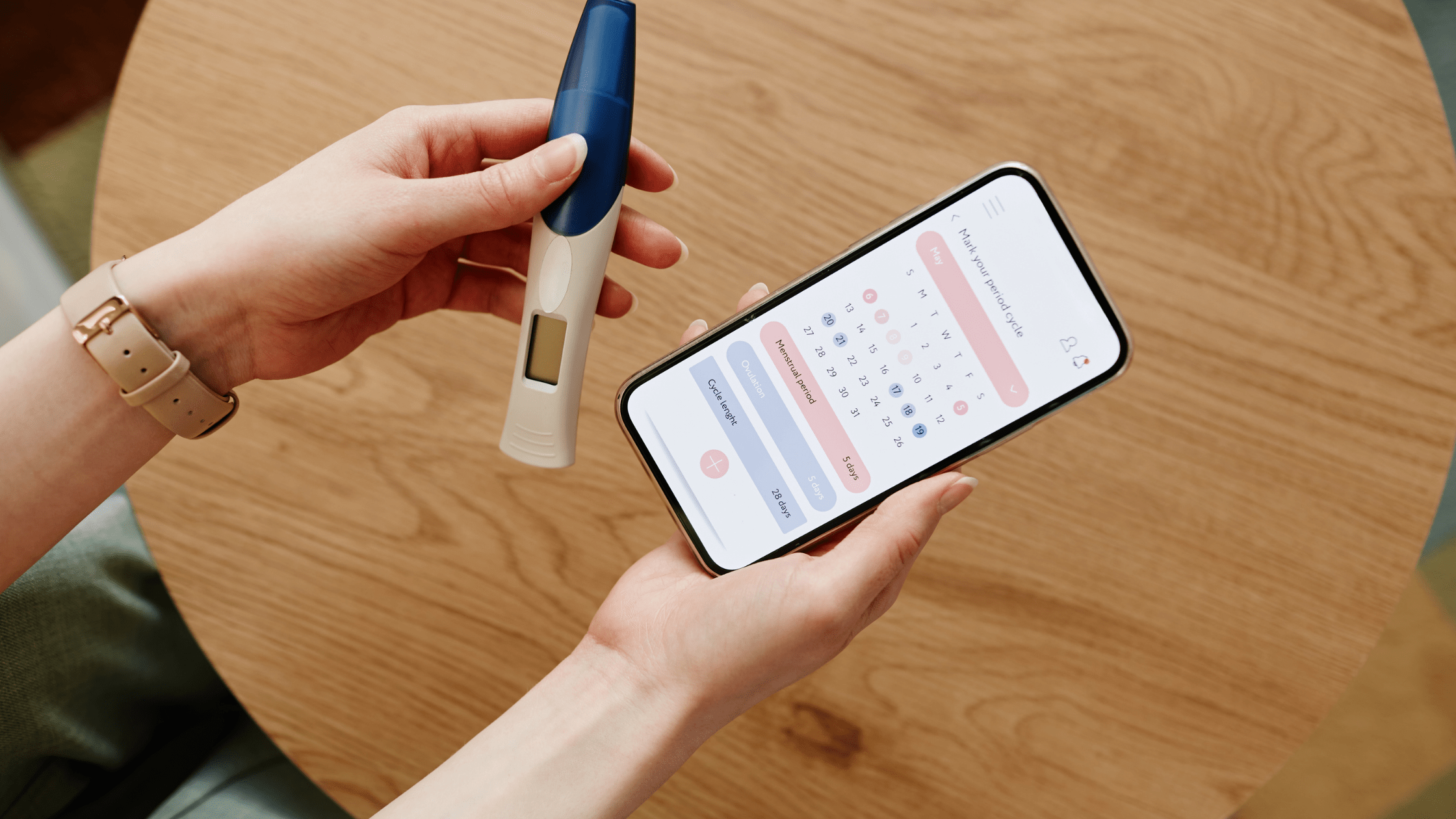Can I still have fertility treatment if I’m having irregular periods, or showing early signs of menopause?

Many women find it harder to conceive naturally, if they have irregular periods. This is because it makes ovulation harder to predict.
If you are ovulating, it is still possible to get pregnant, it may just take you longer. Having sex frequently (every 2-3 days throughout the month) or having fertility treatment, can sometimes help to make it happen too.
If you are under 35 and having regular, unprotected intercourse, it is advisable to contact your GP if you haven’t conceived within a year. If you are over 35, the guidance is to see your GP for advice after 6 months of not conceiving. They can ask questions and conduct tests, to see if there is an underlying cause preventing you from conceiving and they can offer advice about how to increase your chances.
What might be the cause of my irregular periods?
Some of the most common causes of irregular periods are:
· PCOS (Polycystic ovary syndrome)
· Thyroid problems
· Hormonal imbalances
· Extreme exercise or dieting
· Chronic or severe stress
· Being overweight or obese
Your doctor may be able to tell you if PCOS, thyroid issues or hormonal imbalances are causing your irregular periods.
Lifestyle changes, such as eating a healthy, balanced diet, regular gentle exercise and decreasing stress, can help to regulate your periods naturally, if a medical condition is not diagnosed.
What are the early signs that I might be going through the menopause?
There are many symptoms that might indicate the start of the menopause. As the type and combination of symptoms vary greatly in different people, there is no definitive answer to this question. However, the following signs and symptoms are common during this time and may indicate early menopause:
· Irregular periods
· Night sweats
· Changes in body odour
· Weight gain
· Sore joints or muscles
· Irritability
· Mood swings
· Difficulty concentrating
· Low mood
· Low energy
If you think you may be going through the early stages of menopause, your GP will be able to offer advice and rule out other possible causes of your symptoms.
Can I still get pregnant if I haven’t had a period due to menopause?
It is still possible to ovulate and to get pregnant during the early stages of menopause.This is why patients are advised to continue to use contraception until they have been period-free for 2 years if under 50, or one year if over 50.
How can fertility treatment help me to conceive, if I have irregular periods?
Your doctor and fertility specialist will be able to advise you about the options available to you, depending on your medical history.
There are a range of medications that can be prescribed to encourage the monthly release of an egg.
Laparoscopic ovarian drilling is a possible surgical treatment option, if medication is unsuccessful.
If you still struggle to get pregnant, then IVF treatment may be offered.
There is a higher risk of pregnancy complications for people with PCOS, including hypertension, pre-eclampsia, gestational diabetes and miscarriage. These risks are reduced if you maintain a healthy BMI (Body Mass Index).
Here at the IVF Network, we know how challenging it can be for people experiencing infertility and having fertility treatment. We aim to provide a wide range of information, through our dedicated channel of experts, our website and our blog posts, so that you can make informed choices on your personal fertility journey.
References
‘How Can I Get Pregnant With Irregular Periods?’ The Fertility Institute of New Orleans
https://fertilityinstitute.com/blog/pregnancy-with-irregular-periods/index.html
‘Symptoms of early menopause’ EarlyMenopause.com
‘Polycystic ovary syndrome’ NHS, Treatment
https://www.nhs.uk/conditions/polycystic-ovary-syndrome-pcos/treatment/